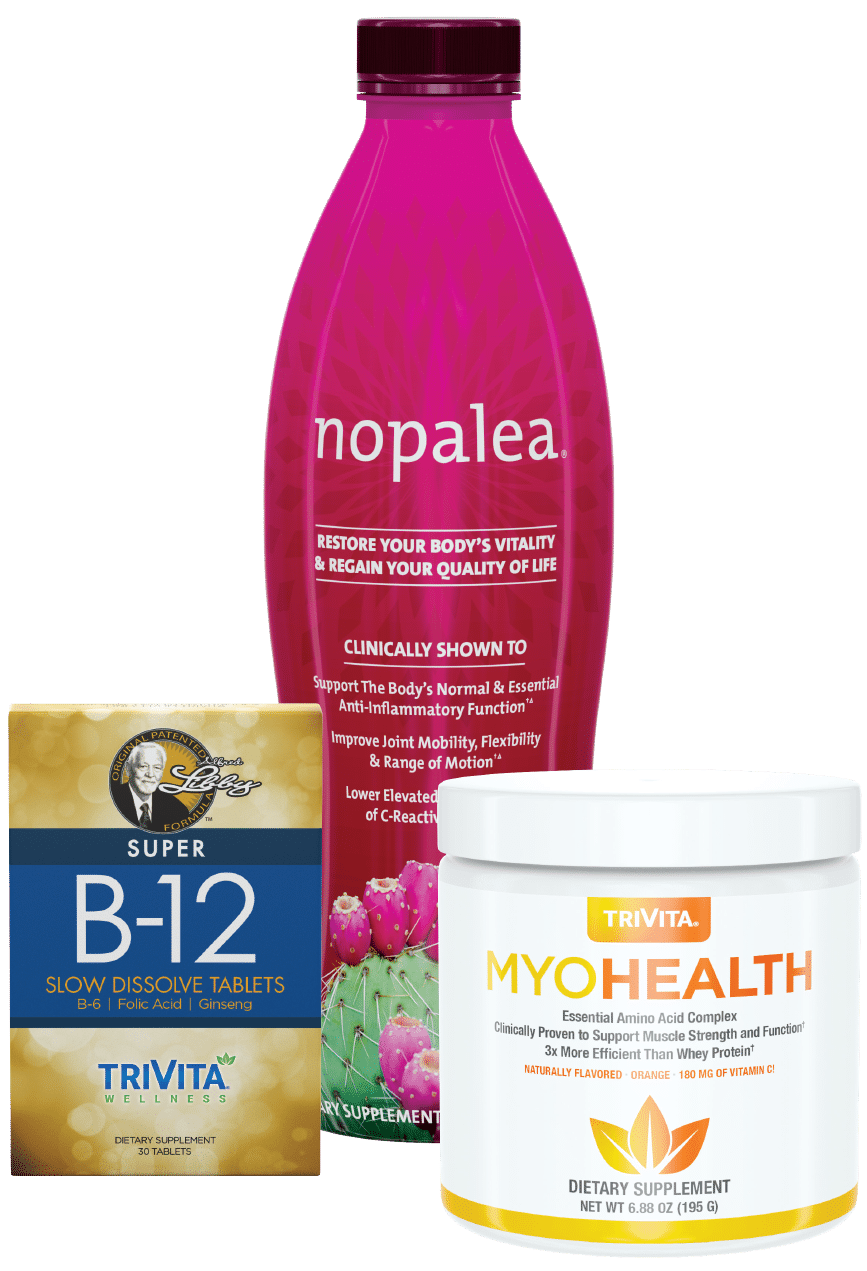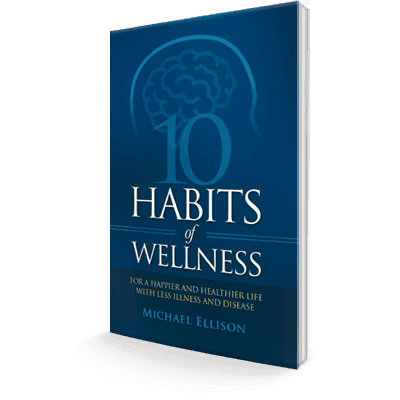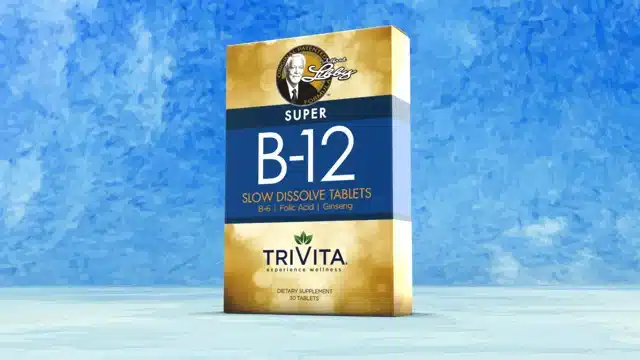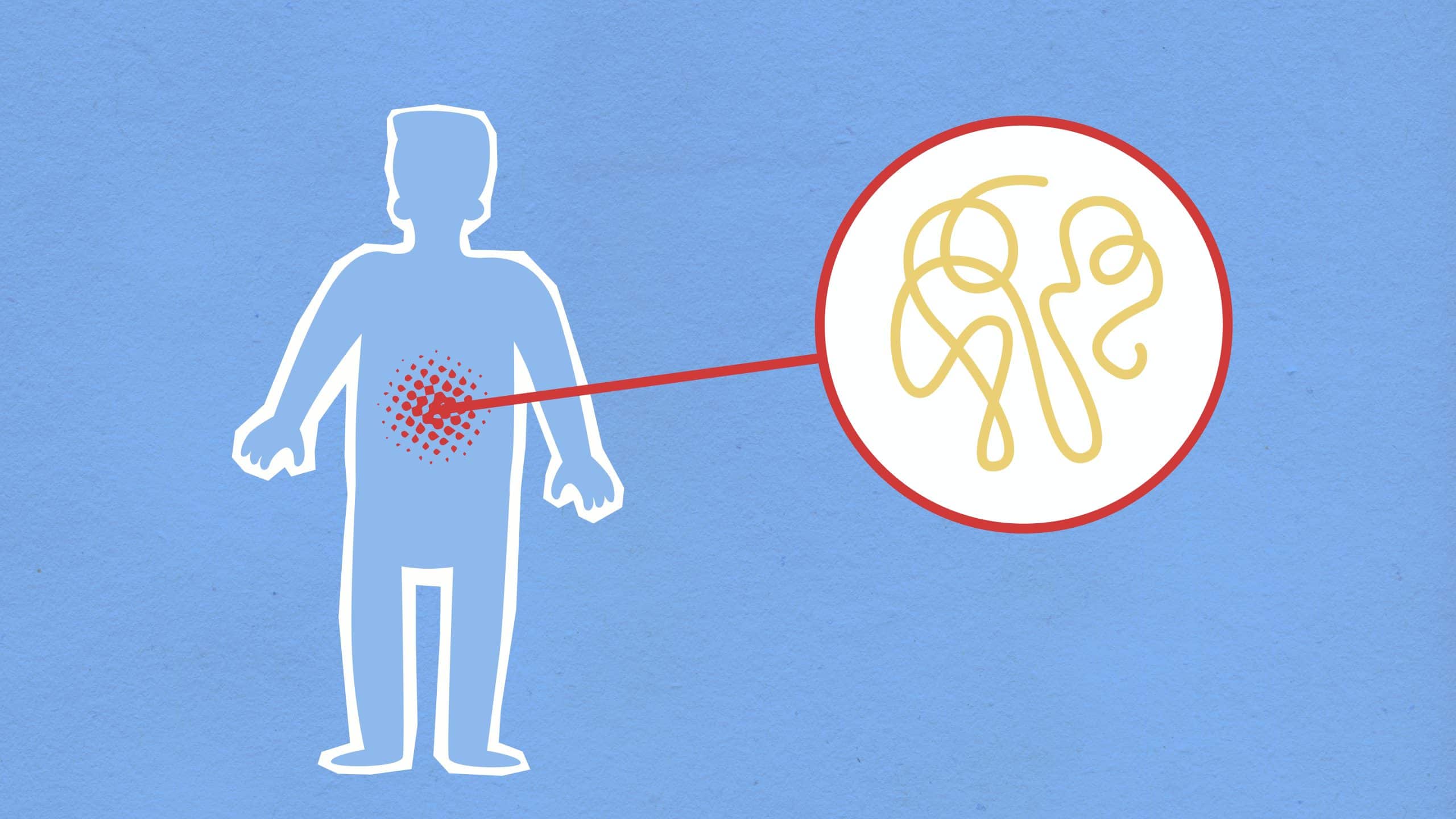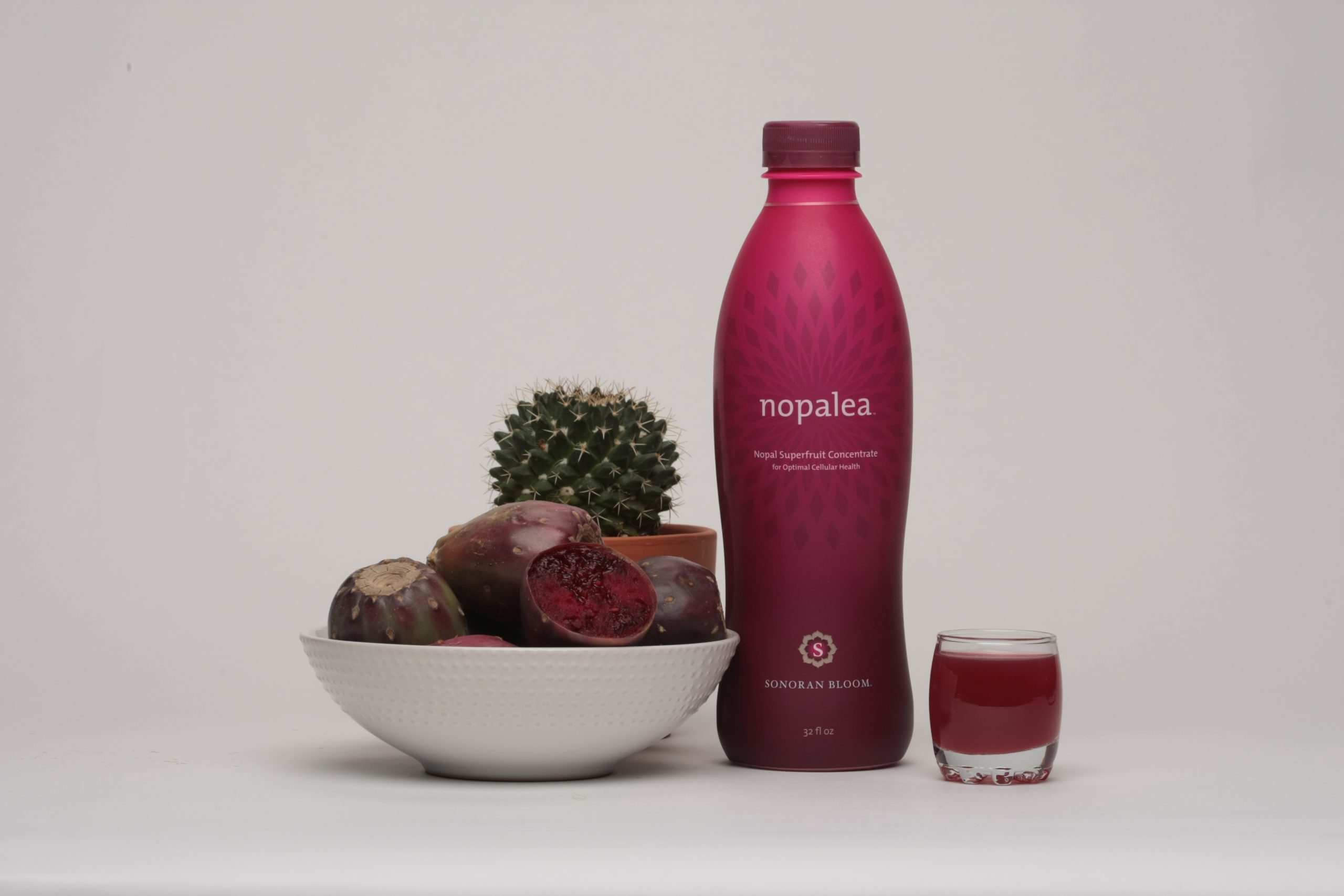1. Omega-3 fatty acids
Add a high-quality supplement containing EPA/DHA unless you consume four or more servings of cold-water fatty fish per week. The anti-inflammatory benefits of omega-3 fats are becoming apparent in studies on heart disease, Alzheimer’s, cancer and arthritis.22. Folic Acid
Every woman in her reproductive years should take at least 400 micrograms of folic acid daily. Since 50% of pregnancies are unplanned, this will reduce the incidence of neural tube defects.3. Vitamin B-12
It is well documented that as we age, we don’t absorb Vitamin B-12 as well and plants do not contain B-12 at all. For this reason, I recommend that all vegan and vegetarian patients take a supplement. Find a sublingual form to improve absorption.4. Vitamin D
Get your blood level checked and supplement with D3 (cholecalciferol) until it is between 50-80 ng/d (nanograms per deciliter). Vitamin D is definitely associated with preventing osteoporosis. We are now understanding it may be instrumental in preventing cancer and heart disease as well. When my patients ask me about vitamins, I ask them about their lives. What do you eat? How much alcohol do you drink? What prescription drugs to do you take? (I know that statins deplete their CoQ-10, for example.) With billions spent on supplements annually, according to the National Institutes of Health, it’s smart for your wellness and your finances to choose wisely. This article is intended for educational purposes only.Reference:
- http://www.nhlbi.nih.gov/health/educational/lose_wt/index.htm
- https://www.ncbi.nlm.nih.gov/pmc/articles/PMC5532176/

